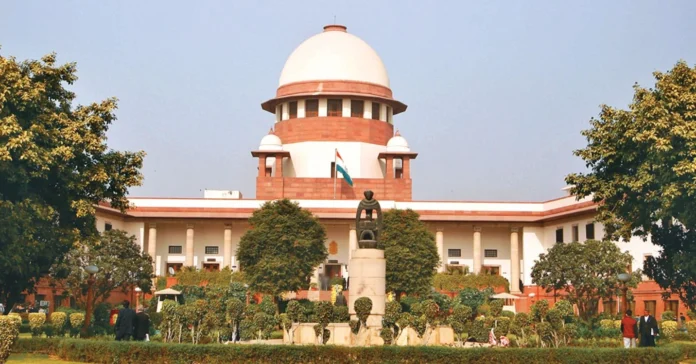The Supreme Court of India has taken upon itself the task of deciding the constitutional validity of the newly enacted Promotion and Regulation of Online Gaming Act, 2025, after ordering the transfer of all related cases from three different High Courts to its own docket.
The move came on 8 September 2025, when a bench of Justices J. B. Pardiwala and K. V. Viswanathan allowed the Union government’s plea seeking centralisation of these challenges.
The Union, represented by Solicitor General Tushar Mehta, had argued that the multiplicity of proceedings across various High Courts risked producing inconsistent rulings and prolonging the legal process. He urged that all matters be heard by the apex court to ensure speed and uniformity.
The bench found merit in this reasoning and directed the High Courts of Karnataka, Delhi, and Madhya Pradesh to digitally transmit the entire case records within one week so that hearings could be scheduled promptly before the Supreme Court.
Interestingly, the petitioners themselves—major online gaming platforms such as Head Digital Works (operator of rummy brand A23), Bagheera Carrom, and Clubboom11 Sports & Entertainment did not resist the transfer. On the contrary, senior counsel C. Aryama Sundaram, appearing for some of the companies, welcomed the consolidation, remarking that a final pronouncement from the Supreme Court would lend certainty to the industry.
The legislation at the heart of this dispute was passed with unusual swiftness in August 2025, introduced in the Lok Sabha on the 20th, cleared by both Houses within two days, and brought into effect on 22 August 2025. It imposes a sweeping prohibition on online money-based games, making no distinction between games of chance and games of skill. Offering or participating in such games has been declared a cognisable and non-bailable offence, thereby attracting immediate penal consequences.
Since its enactment, the law has been met with a barrage of constitutional challenges. Petitioners contend that it infringes upon the right to equality under Article 14 and the freedom to practise any trade or business under Article 19(1)(g). Concerns have also been raised regarding federalism, given that matters relating to betting and gambling traditionally fall within the legislative competence of the States. Moreover, critics argue that lumping together games of skill with games of chance disregards long-standing jurisprudence recognising the distinction between the two.
By transferring all cases to itself, the Supreme Court has ensured that a uniform determination will be made on these questions of constitutional importance. Its eventual ruling will not only decide the fate of the new law but will also chart the course for the regulation of online gaming in India, a sector that has expanded exponentially in recent years and is now facing its most decisive legal test.


